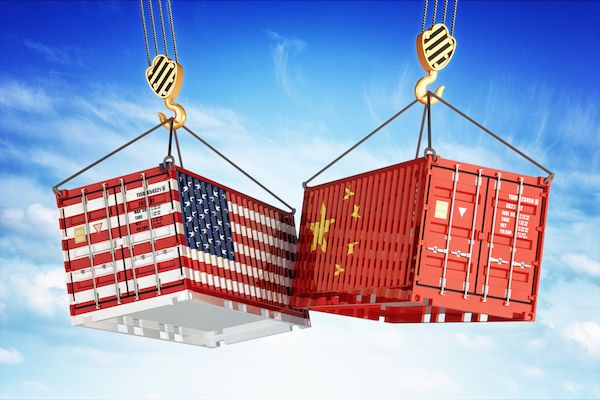The United States Trade Representation (USTR) initiated a direct dialogue with the People’s Republic of China (PRC) regarding its concerns about distortions and imbalances in the bilateral relationship.
From USTR’s perspective, this includes the PRC’s failure to comply with the purchase commitments detailed in the «Phase One Agreement,» as well as state-centric and non-market practices not addressed in the Phase One agreement.
USTR believes it is important for the United States to fight for the farmers and businesses that benefit from these obligations and to test the extent to which the PRC was committed to the obligations it signed.
However, over time and for the USTR, it became clear that the PRC would only comply with those trade obligations that suited its own interests.
This is a familiar pattern with the PRC, from its actions at the World Trade Organization (WTO) and in various high-level bilateral dialogues. The United States has repeatedly sought and obtained commitments from Beijing, only to find, according to USTR, that «follow-through or real change remains elusive.»
USTR continues to keep the door open to talks with the PRC, including on its Phase One commitments.
However, it recognizes the limitations of the Agreement.
USTR
USTR’s strategy goes beyond pressuring Beijing to change and includes vigorously defending U.S. economic values and interests against the negative effects of the PRC’s unfair economic policies and practices.
In its own words, USTR has deepened its understanding of how these policies and practices affect U.S. workers and industries, as well as those corresponding to U.S. allies and partners, and global supply chain resilience.
The U.S. government highlighted what happened in the steel and solar industries when existing mechanisms were «too slow or inadequate» to effectively address distortions caused by the PRC’s targeting of those sectors.
Meanwhile, USTR added, Beijing is targeting critical, high-tech industrial sectors such as electric vehicles, batteries, semiconductors and others.
To ensure that U.S. industries remain competitive, the USTR posits that new domestic tools aimed at defending economic interests and making strategic investments in the economy must be developed.
Trading Partners
Already the United States, by his own administration’s assessment, has made significant progress through the American Rescue Plan, the Administration’s focus on supply chain resilience, the Made in America Office, and the Bipartisan Infrastructure Act.
The President also recognizes that the ability of the United States to defend against unfair PRC economic practices requires democratic market economies to act in concert to address policies and practices that are fundamentally contrary to the modern global trading system.

